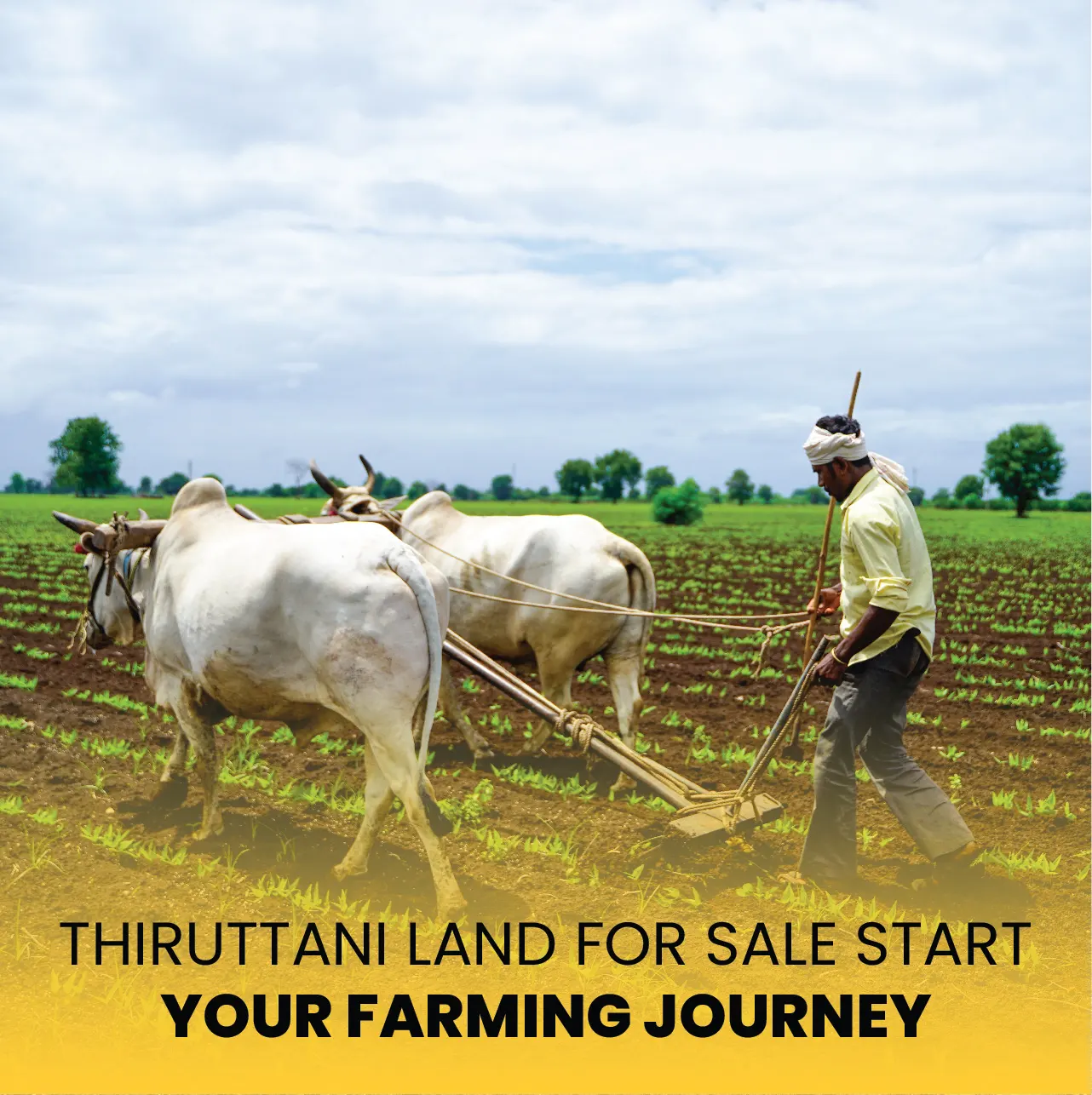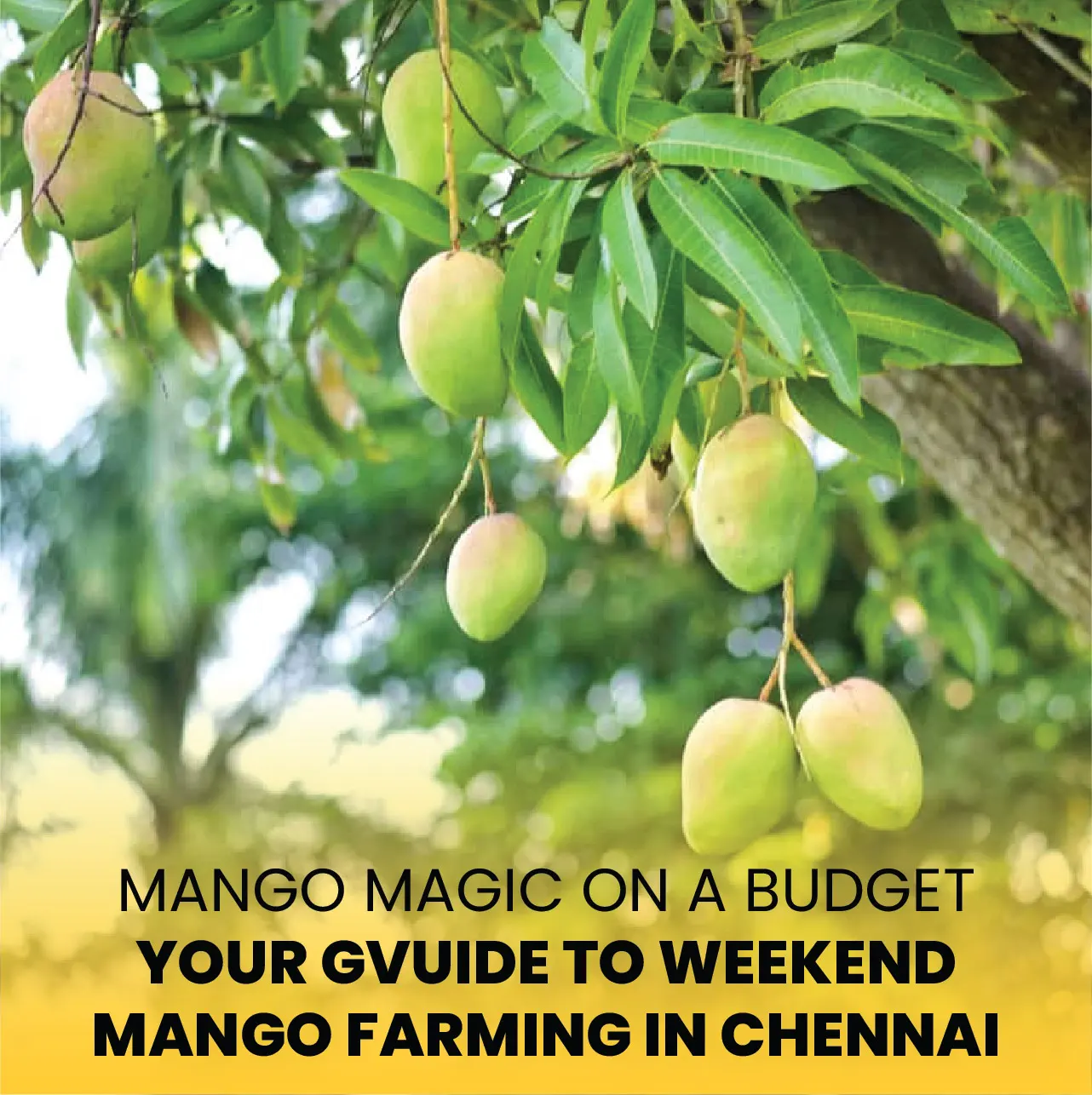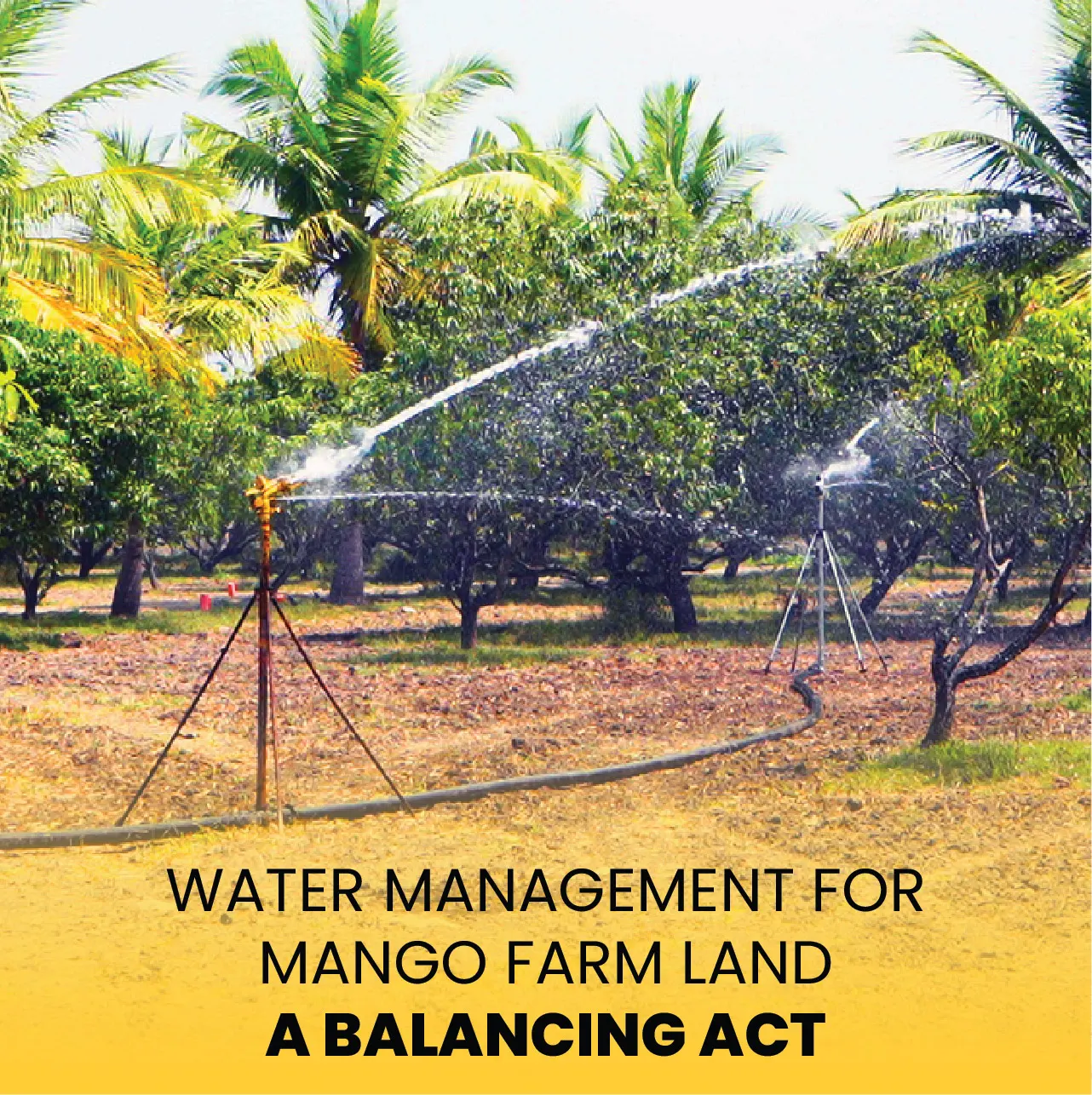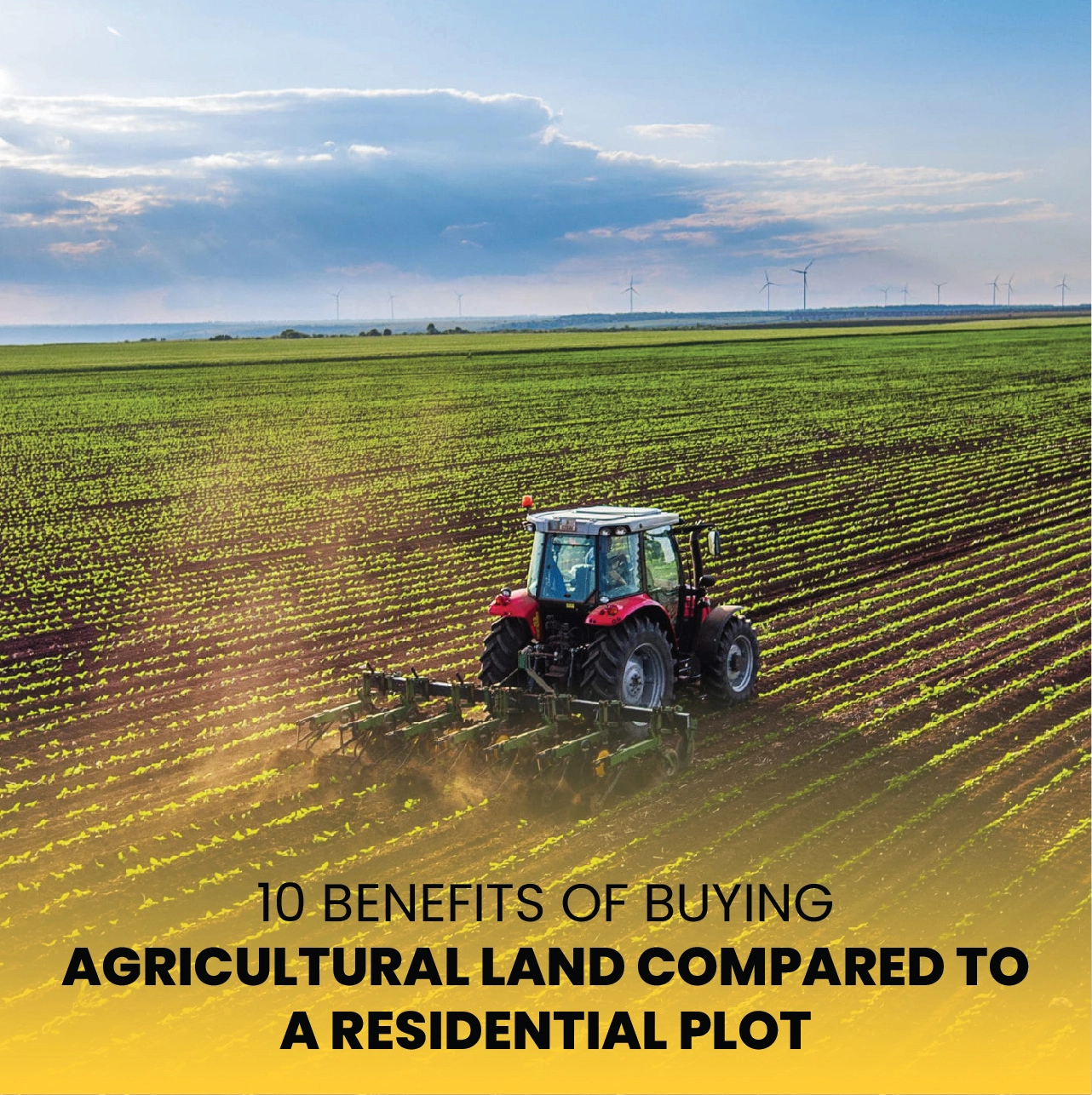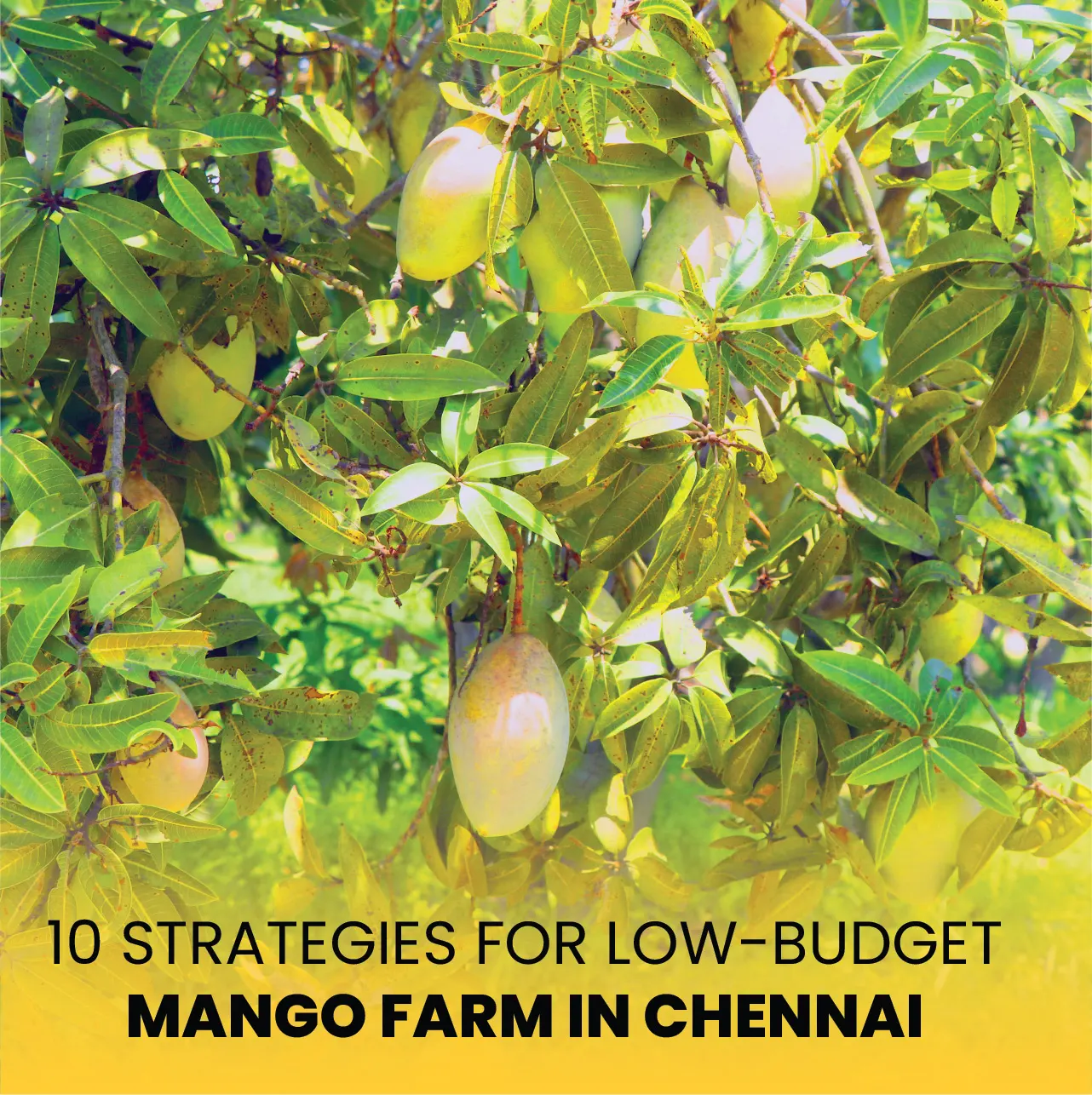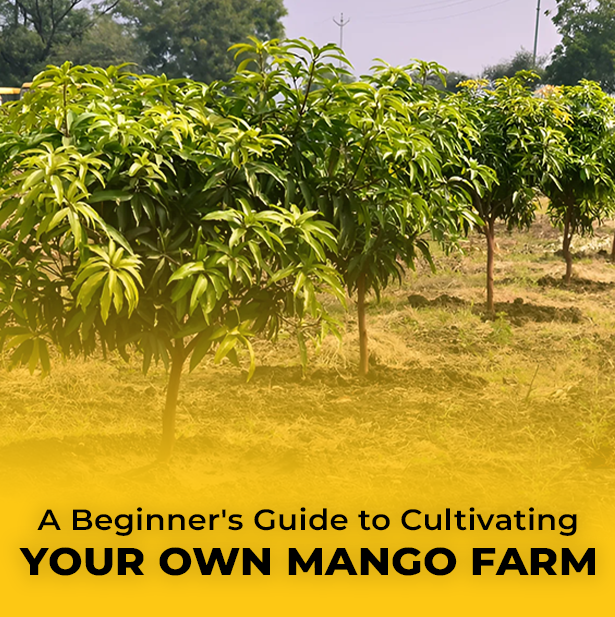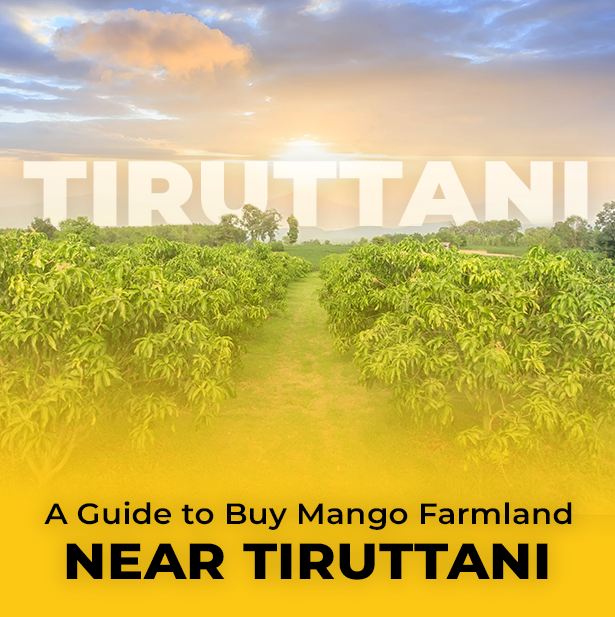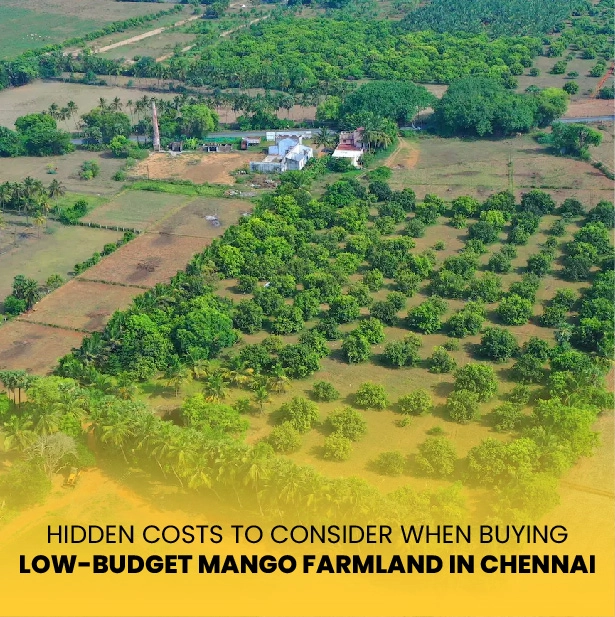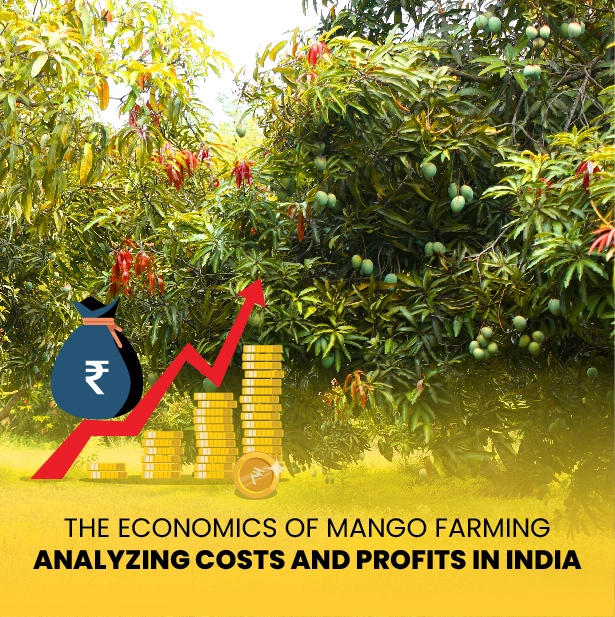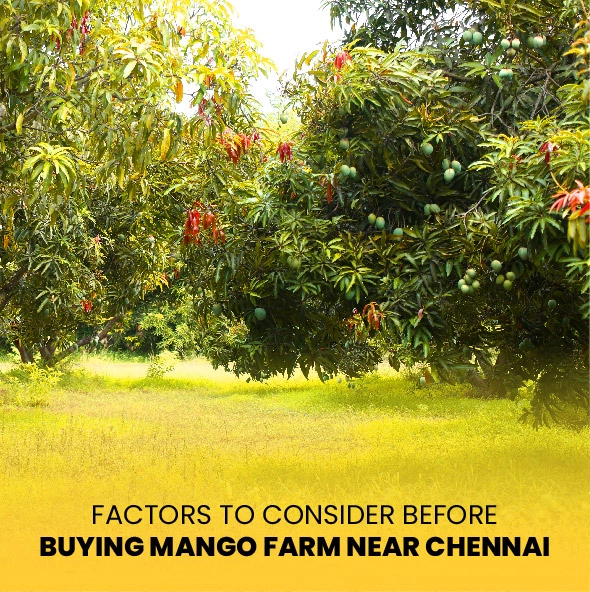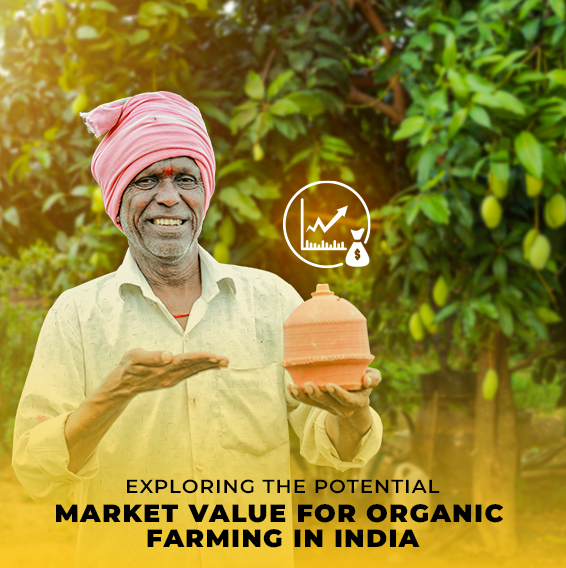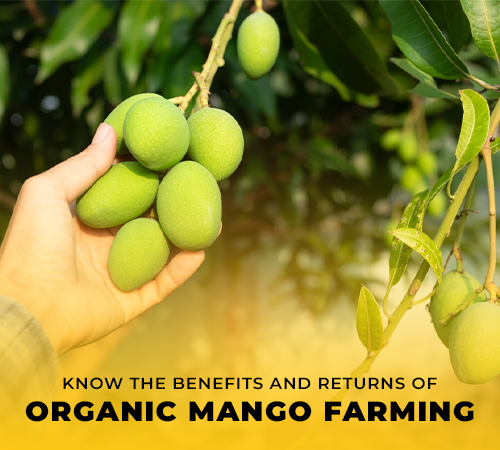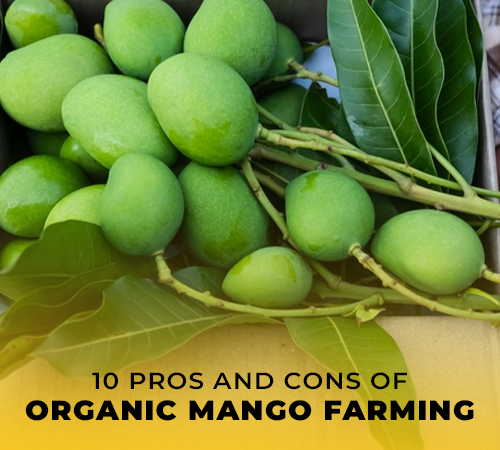Agricultural investments, particularly in mango cultivation, are becoming increasingly popular in South India. Mangoes offer not only financial opportunities but also environmental benefits and personal fulfillment due to their growing demand, potential for sustainable farming, and the appreciation of land value. This article explores the primary benefits of investing in mango farms in South India.

Mangoes hold significant importance in both Indian and international markets. Often referred to as the "king of fruits," mangoes including Banganapalli, Kesar, and Alphonso command premium rates, particularly in-demand seasons. Given India's predominance in mango production worldwide, there are rich export prospects. With early harvests, South India lets farmers reach the market before other areas, therefore guaranteeing better income. Mangoes are a consistent source of income since one can access both domestic and foreign markets.
Particularly in the food and beverage sector, demand for value-added goods including mango pulp, juice, and dried mango is rising. Mango goods, which are highly sought after in Europe, the Middle East, and Asia, offer farm owners multiple sources of income.
South India has the ideal setting for growing mango. The area guarantees excellent fruit output with its tropical temperature, moderate rainfall, and well-drained soil. Key areas, including Tamil Nadu, Andhra Pradesh, and Karnataka, have consistent weather, therefore reducing the threat of frost damage. To satisfy diverse tastes and market preferences, farmers can raise several mango varieties, therefore guaranteeing year-round earning prospects. The favorable conditions also help to lower crop loss, therefore improving the dependability of returns.
Particularly in growing metropolitan regions like Chennai, Coimbatore, and Bangalore, South India's land value has been rising gradually. Rapid growth and increasing real estate demand are driving value from farmland situated within reasonable distance from cities.
Mango farms have two benefits: not only do they make money from fruit sales, but the ground values change with time, therefore enhancing their resale value. Because it offers both passive income and long-term capital growth, this mix makes farmland appealing as compared to other investments like gold or stocks.
Mango farms let investors investigate several commercial prospects. Apart from market fresh mangoes, producers can create value-added goods such as dried fruit, mango pulp, chutneys, and jams. These goods appeal to a larger market and have better prices, therefore boosting profitability.
Mango farms might also present chances for agrotourism. Farm stays and guided trips are growing in popularity as people search for rural settings. Activities like fruit picking and organic farming seminars attract visitors who give farm owners an extra income source.
The resilience and lifetime of mango trees are well known. Once established, they are a perfect low-maintenance investment since they require little care and can provide fruit for more than forty years. Usually using drip irrigation, trimming, and organic mulching methods, farmers help to lower expenses and boost output.
This low-input farming approach guarantees steady income free from excessive operating costs or labor requirements. A well-kept mango farm can last for decades and give investors stability and consistency.
Mango growing fits environmentally sustainable farming methods. By providing shelter for many insects and birds, mango trees help to lower soil erosion, sequester carbon, and promote biodiversity. Often used in mango growing, organic farming preserves soil health and water quality by removing the need for chemical fertilizers and pesticides.
Organic mango farms draw exclusive customers and give access to specialist markets as consumers grow increasingly aware of environmentally friendly products. For farmers dedicated to sustainable development, this environmentally friendly technique guarantees better earnings in addition to benefits for the surroundings.
Having land provides a chance to re-establish contact with the surroundings. Many investors create weekend cottages or farmhouses on their properties as a means of escaping from the hectic speed of metropolitan life. Living on or visiting farmland lets families participate in important activities such as organic gardening and fruit farming; therefore, it encourages a better way of life.
Agrotourism allows farmers to also foster environmental awareness and community building. Bringing guests for rural experiences not only makes extra money from tourism but also strengthens bonds with the surroundings.
By means of subsidies, loans, and crop insurance programs, the Indian government aggressively encourages agricultural investments. Financial help allows mango growers to establish organic farms, contemporary irrigation methods, and export-oriented units. Programs for crop insurance guarantee consistent returns and protection against erratic weather.
Government-supported programs inspire farmers to use sustainable methods, thereby improving the profitability of mango estates. These initiatives make financial stability as well as access possible for investment in farms.
Mango farms in South India offer personal fulfillment, environmental benefits, and financial returns, making them more than just an investment. The constant demand for mangoes, the favorable climate, and the value of land make mango farming a profitable and sustainable business. Mangoes provide a special combination of possibilities, whether your search is for a quiet rural lifestyle, environmental benefits, or passive income.
Investing in land guarantees long-term financial stability and helps one to develop a relationship with the surroundings. Now is the ideal moment to investigate the advantages of owning mango land in South India, given increasing worldwide demand and government backing.
